Could a tariff-induced recession speed AI adoption? The evidence from past downturns is: Yes
Downturns drive businesses towards automation to cut costs, economic research shows.

Hello and welcome to Eye on AI. In this edition: Could a recession actually be good for AI adoption?...Meta’s Llama 4 is released amid controversy…ByteDance shows off a more efficient way to run big LLMs…Everyone is talking about AI 2027.
U.S. President Donald Trump’s tariffs have precipitated a global stock market rout and threaten a global recession. The tariffs hit at a time when investor enthusiasm for AI was already showing signs of flagging—Nvidia’s stock was down 20% this year, Google-parent Alphabet was down 17%, Salesforce, which has gone all in on AI agents, was down 14%, and Microsoft was down 8%, before Trump announced his tariffs. All have fallen considerably further since. Now some are wondering if the tariffs spell the end of the road for the AI boom.
There’s plenty of reporting to suggest as much. My Fortune colleagues Jessica Mathews and Allie Garfinkle report that venture capitalists are telling their startups to brace for trouble as potential customers pull back from IT spending, while my colleague Sharon Goldman reports that the tariffs, while exempting semiconductors for the moment, are likely to hurt the build out of AI data centers and the energy infrastructure to power them. The Information has also reported that companies may slash their spending on AI and AI-enhanced enterprise software as they look to cut costs.
It is certainly true that the investment case for AI has just gotten considerably more difficult. But is it true that a recession would likely set back AI adoption? Or is it possible that the need to cut costs will actually push companies to adopt AI even faster? To find out, I took a look at what economic research has to say about the effect previous recessions had on automation and digital technologies.
After an initial halt, the Great Depression catapulted tech forward
That research is intriguing, but not conclusive. Most of the economic literature indicates that at least for U.S. companies, a recession might speed AI adoption. In a 2016 paper, economist Shingo Watanabe examined technological progress during The Great Depression and found that while investment in tech initially stalled, there was a big rebound after 1933. In fact, adoption of new technology—primarily factory, mining, and agricultural automation—moved so rapidly that the 1930s eclipsed any other decade before World War II on the metric of tech implementation, including the roaring twenties that had preceded it.
But what about more recently? Here too, there is some strong evidence to support the idea that a recession will speed AI adoption. Economists, including Nir Jaimovich and Henry Siu, have found that the “jobless recoveries” experienced in the U.S. following the recessions that bracketed the 1980s (with recessions in 1981 and 1991) as well as following the 2001 recession can be blamed in large part on businesses adopting new computer technologies and manufacturing automation during those recessions, meaning that even when economic growth recovered, businesses no longer needed to hire as many workers as in the past. (The off-shoring of jobs during these recessions was also a factor.)
The Great Recession and COVID-19 boosted automation
Examining the Great Recession of 2008-2009, economics researchers Brad Herbsheim and Lisa Kahn (no relation) found that the skills employers sought shifted during the economic downturn, with much more demand for workers with software and coding skills following the recession. They concluded that this was an indication that companies had adopted digital technologies and process automation during the recession. The University of Pennsylvania’s Alexandr Kopytov and Nikolai Roussanov and Cornell University's Mathieu Taschereau-Dumouchel created an economic model that showed how the recession had led corporations to speed up the pace of technological adoption, particularly automation.
Perhaps most profound in terms of accelerating tech adoption was the sudden, sharp recession caused by the COVID-19 pandemic. The OECD found that firms around the world, including many companies that had previously been laggards when it came to tech, rushed to deploy digital technologies—including, of course, software to support remote work, but also cloud computing, e-commerce software, and business process automation.
Now, evidence from outside the U.S. is less clear. A 2021 study looking at how German firms dealt with the 2008 financial crisis, found that many cut back on IT spending, innovation and R&D. Other studies have suggested something similar in other European locations. More rigid labor laws may be one of the reasons—it is harder to lay off workers in Europe, which may make it more difficult for businesses to pursue automation strategies. On the other hand, in East Asia, where there are fewer labor protections, studies have also shown that recessions since the 1990s have resulted in falling economic output, falling labor participation, and falling productivity—indications that companies are not replacing labor with new technology.
Still, there’s ample reason to believe that a tariff-induced recession could be a boon to AI adoption, particularly in the U.S. So while the frothy valuations of AI companies may be coming back down to Earth, the AI revolution may not be ending. It may only just be getting going.
With that, here’s the rest of this week’s AI news.
Jeremy Kahn
jeremy.kahn@fortune.com
@jeremyakahn
Before we get to the news, if you’re interested in learning more about how AI will impact your business, the economy, and our societies (and given that you’re reading this newsletter, you probably are), please consider joining me at the Fortune Brainstorm AI London 2025 conference. The conference is being held May 6–7 at the Rosewood Hotel in London. Confirmed speakers include Mastercard chief product officer Jorn Lambert, eBay chief AI officer Nitzan Mekel, Sequoia partner Shaun Maguire, noted tech analyst Benedict Evans, and many more. I’ll be there, of course. I hope to see you there too. You can apply to attend here.
And if I miss you in London, why not consider joining me in Singapore on July 22–23 for Fortune Brainstorm AI Singapore. You can learn more about that event here.
This story was originally featured on Fortune.com





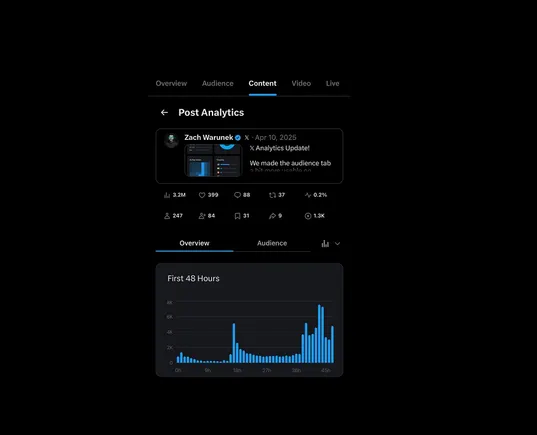




























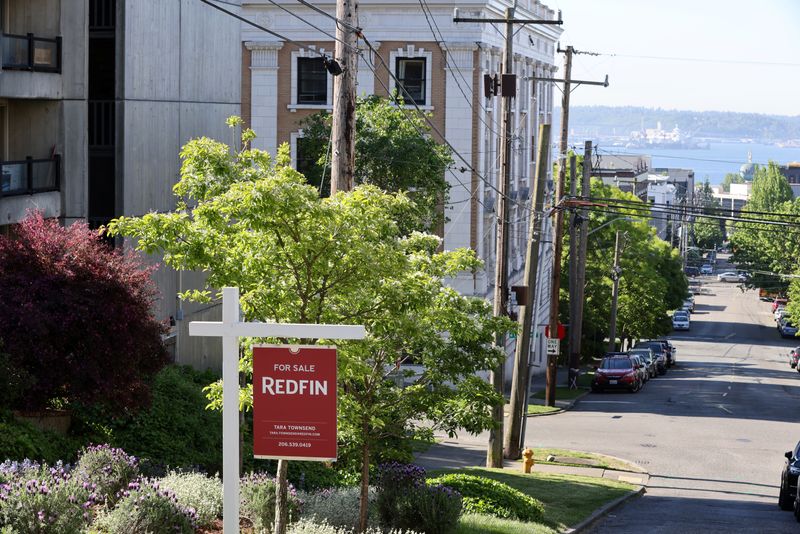









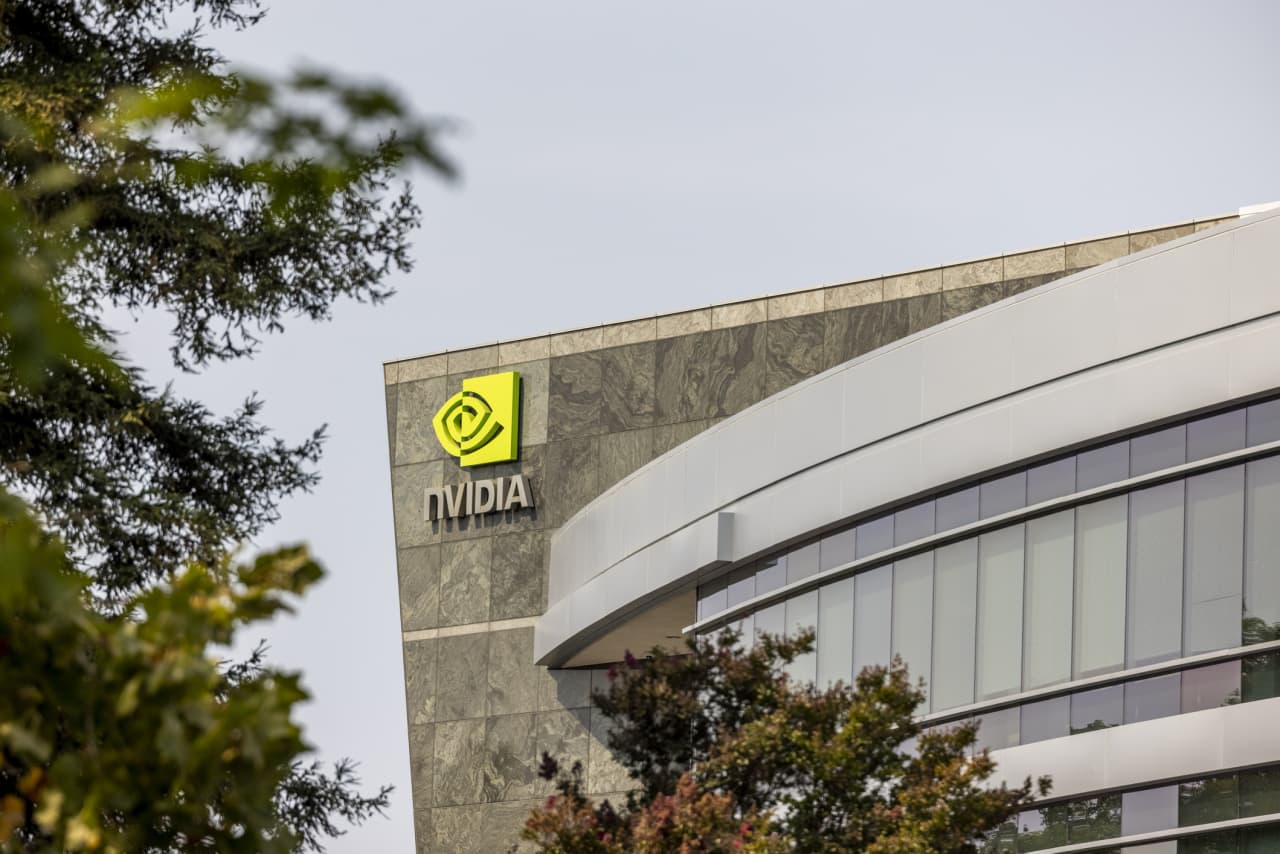

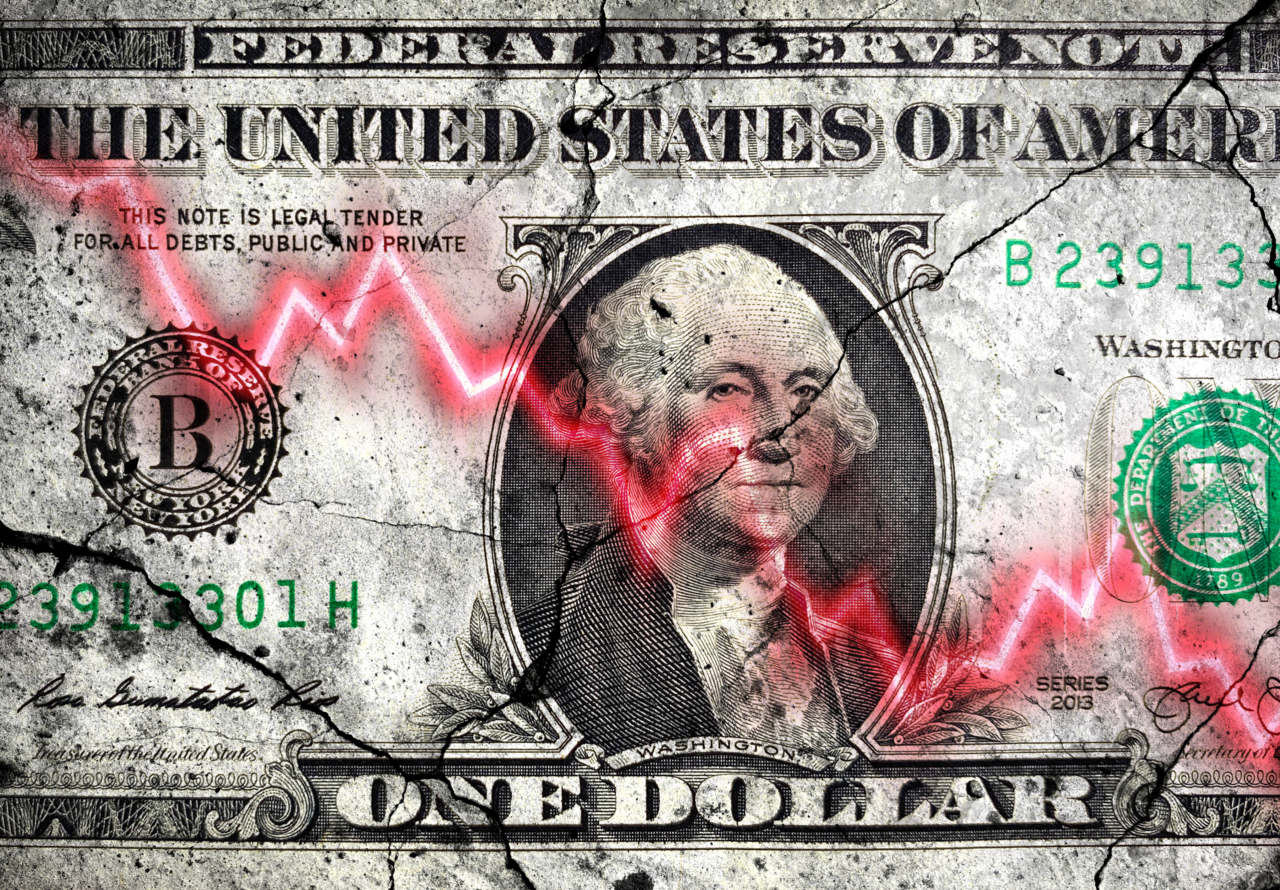



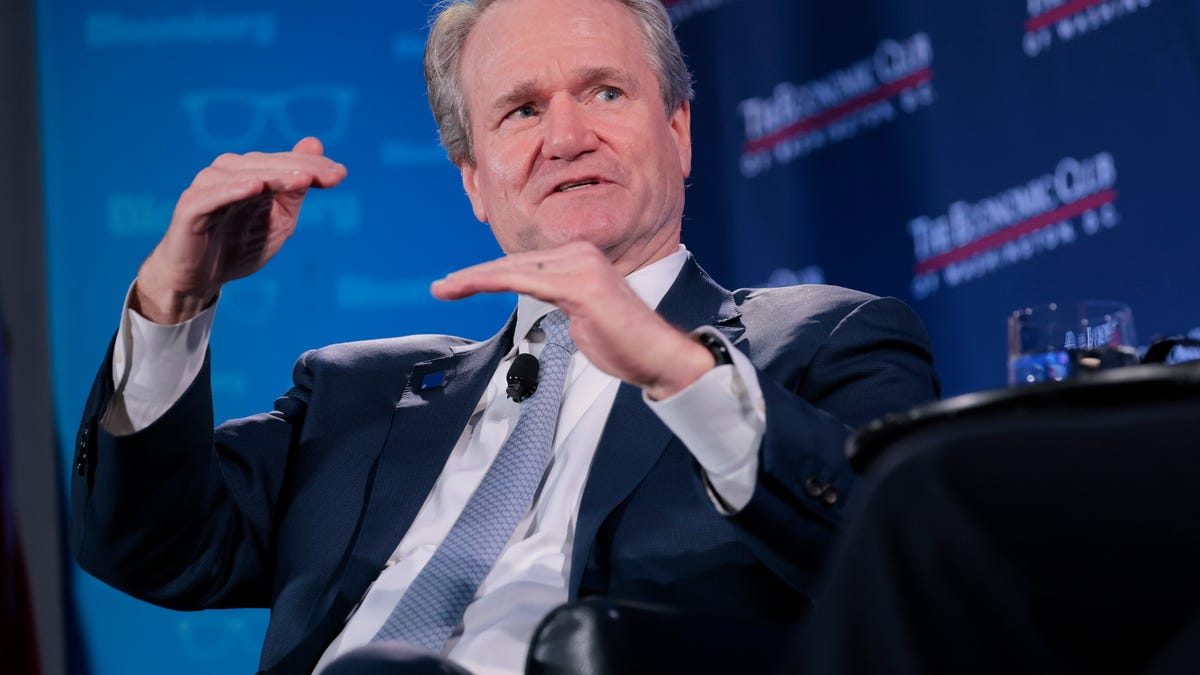







































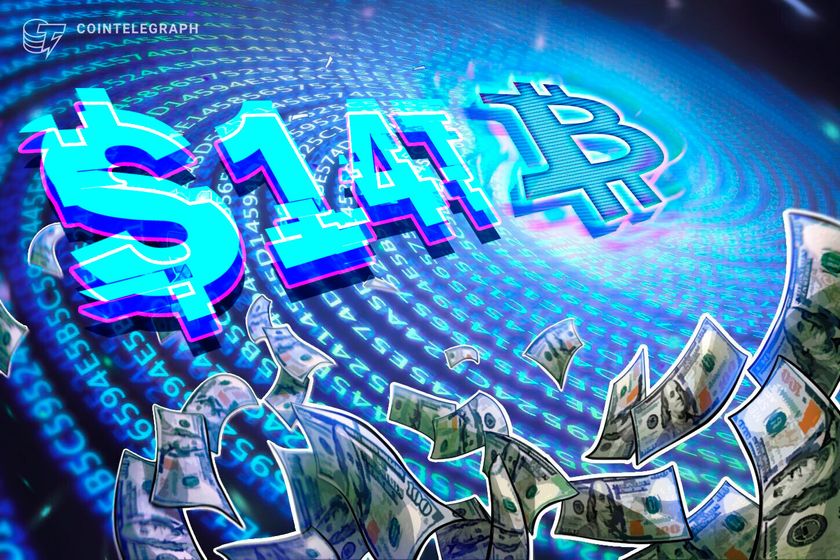
















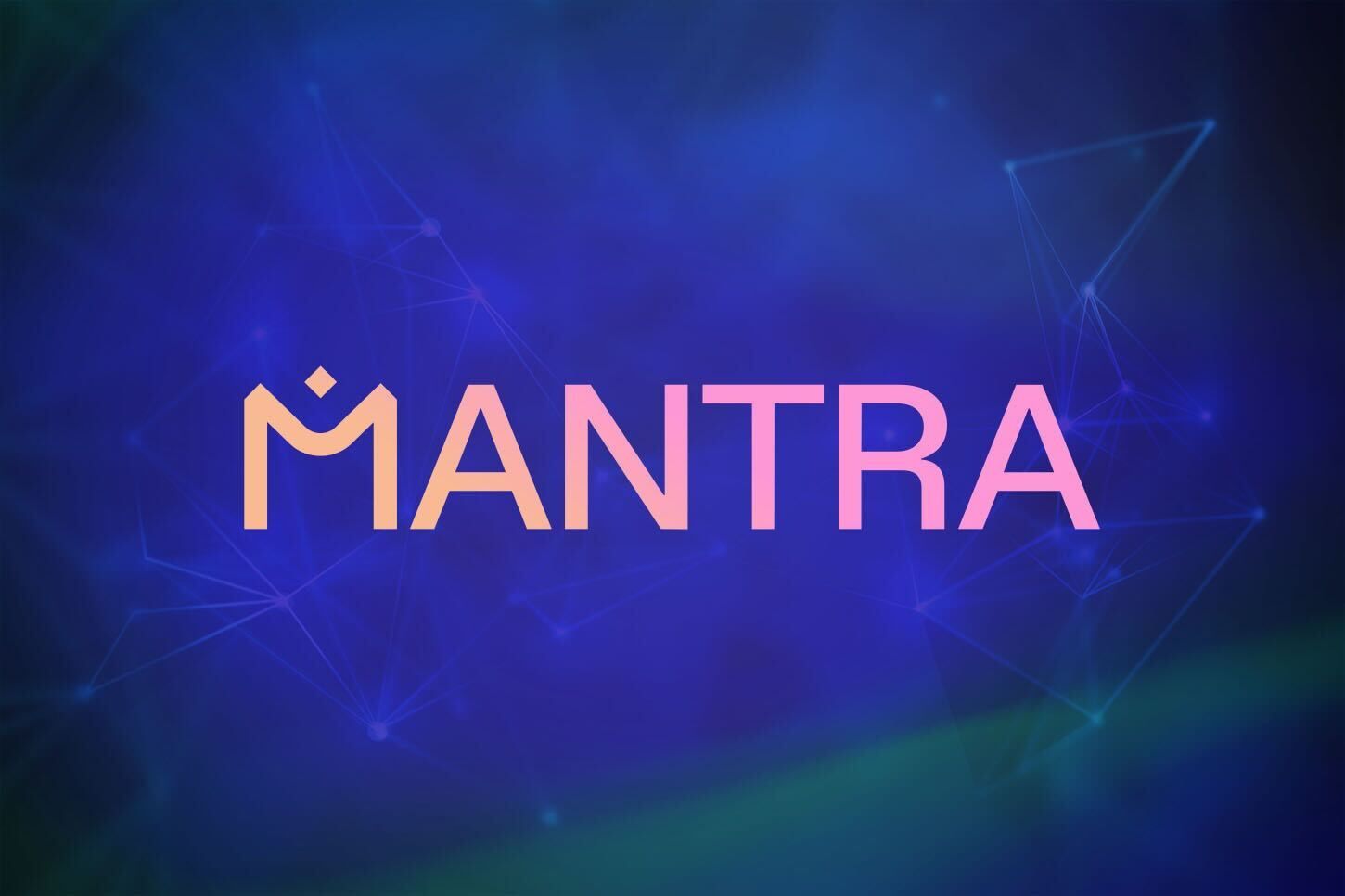









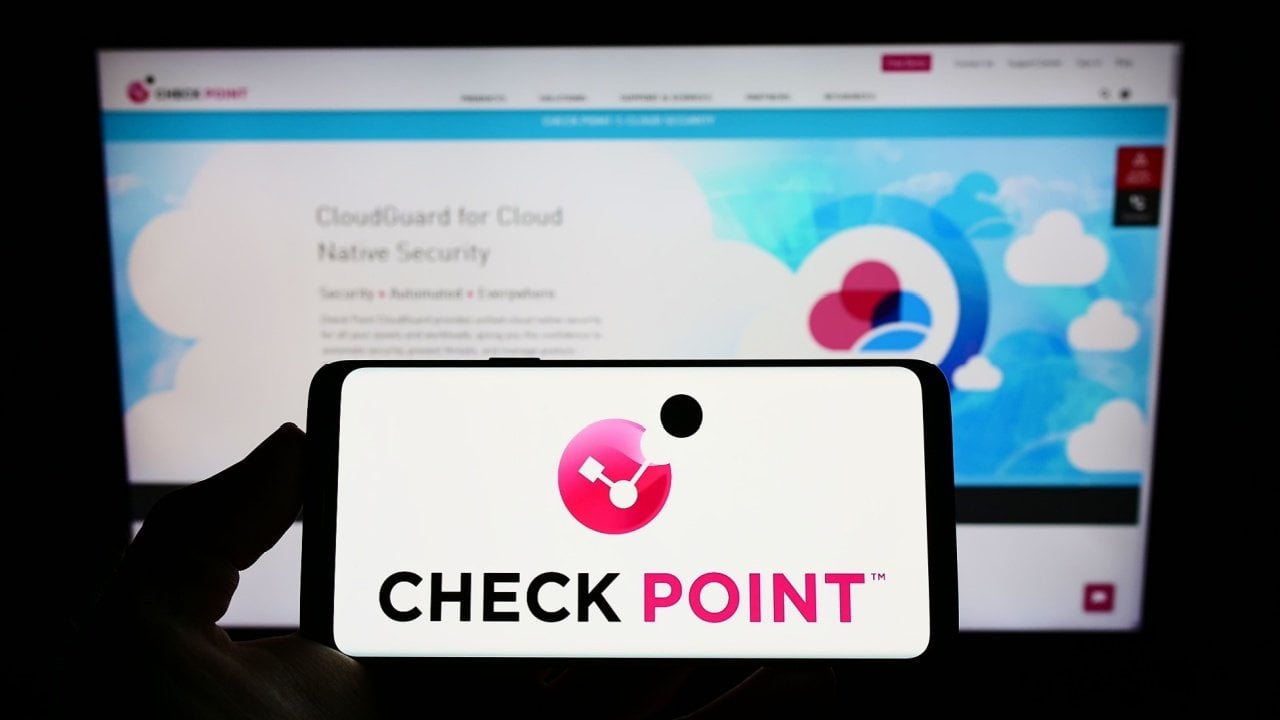
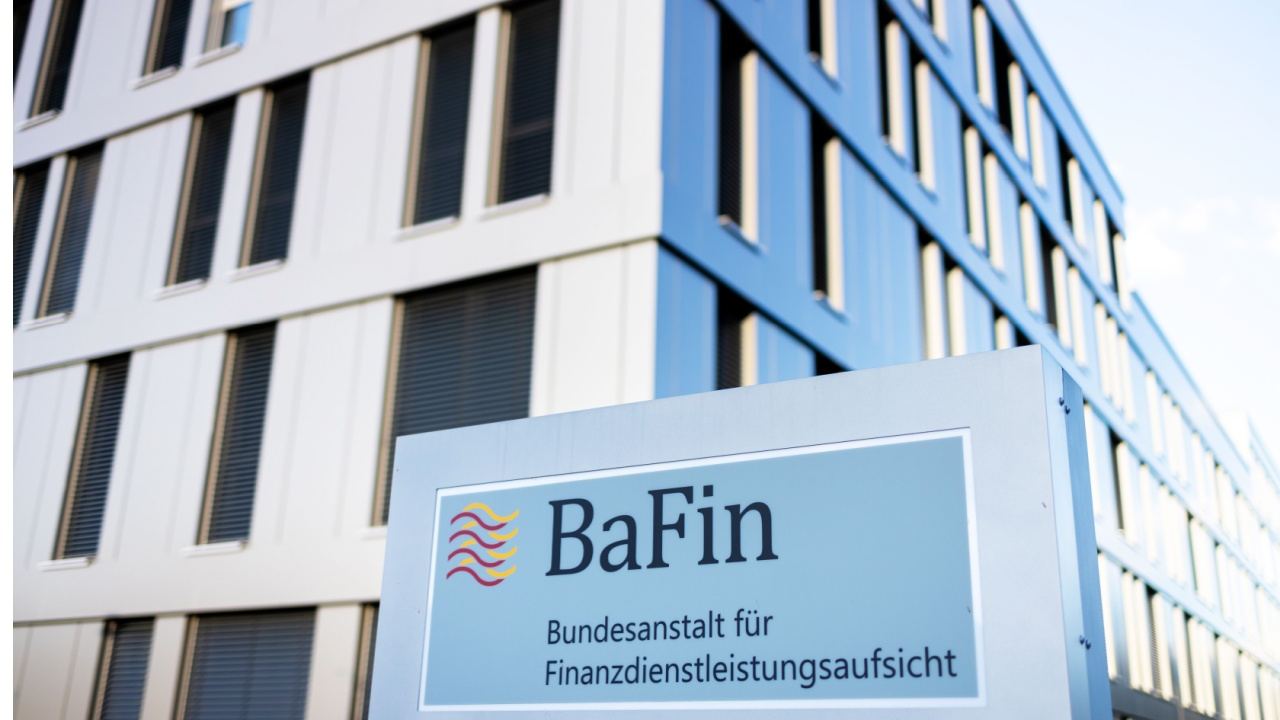






























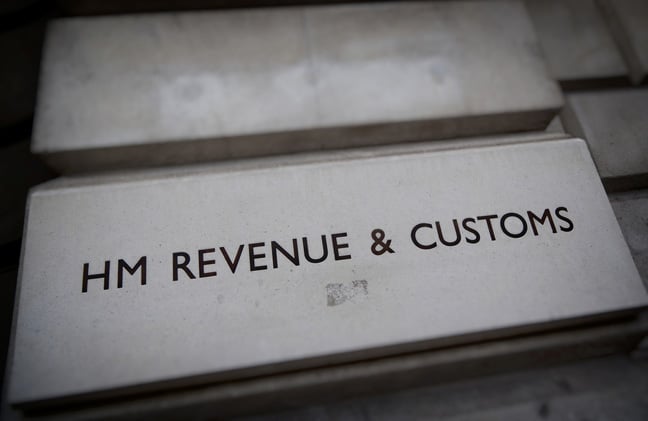





























.jpg)
















![How to Find Low-Competition Keywords with Semrush [Super Easy]](https://static.semrush.com/blog/uploads/media/73/62/7362f16fb9e460b6d58ccc09b4a048b6/how-to-find-low-competition-keywords-sm.png)



